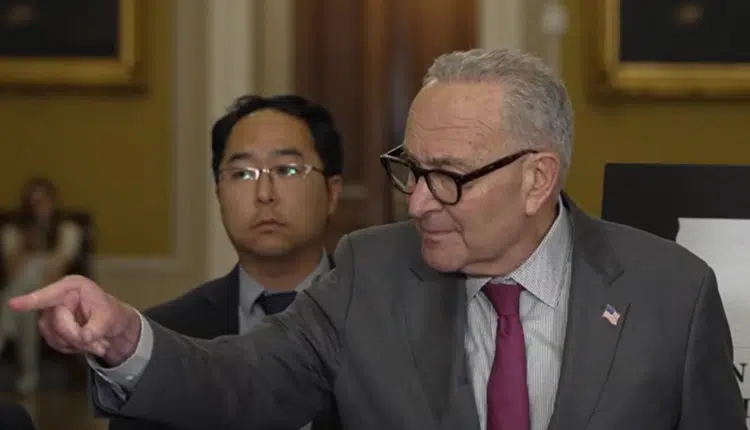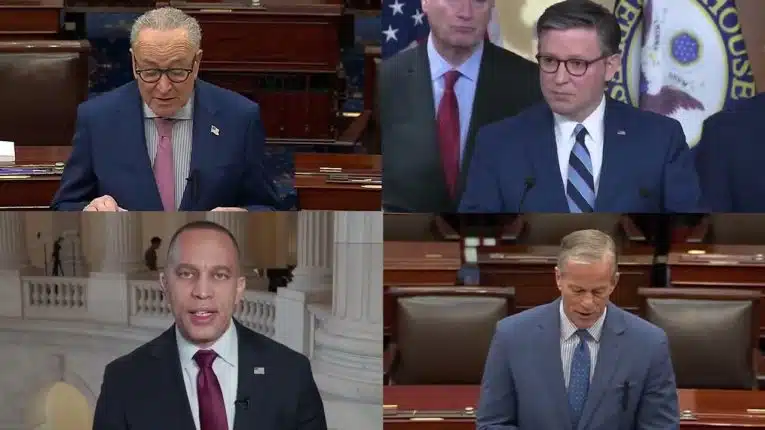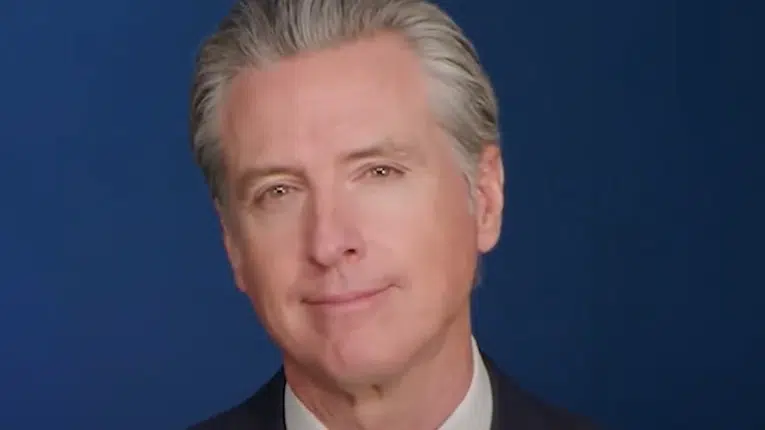
The consumer price index has increased a total of 17.6 percent since President Joe Biden took office, according to the latest data from the Bureau of Labor Statistics.
In the meantime, nominal personal income measured by the Bureau of Economic Analysis has only increased by 15 percent since Feb. 2021.
By that measure alone, the American people are still not better off under President Joe Biden than they were four years ago under former President Donald Trump.
For comparison, from Jan. 2017 to Jan. 2021, consumer prices only increased a total of 7.8 percent, and personal income more than kept pace, increasing 33.5 percent. Although to be fair, that included massive government subsidies including checks to families during the Covid lockdowns.
When 2020 is excluded, however, from Jan. 2017 to Feb. 2020, personal income increased by 16.15 percent, still more than enough to cover the 7.8 percent increase in prices for the entire duration of the Trump presidency.
In the case of Biden, the last of the Covid stimulus checks went out in March 2021. But, even measuring personal income from April 2021 to Dec. 2023, personal income has still only increased by 9.6 percent, still not approaching the total inflation that was brought on largely by the Covid stimulus under Trump and Biden.
What makes Biden a curious case is this simply has never happened to an American president before, even when looking at the Great Inflation of the 1970s.
Under Richard Nixon and Gerald Ford, from Jan. 1973 to Jan. 1977, consumer prices grew a whopping 37.4 percent, but personal income kept pace, growing 44.8 percent.
Not even Jimmy Carter had this problem, although he came fairly close, too with inflation outpacing income the year he was running for reelection in 1980, but through the duration of his presidency, consumer prices grew by a gargantuan 40.6 percent, personal income still grew 58.2 percent.
Under Ronald Reagan’s first term, consumer prices still grew very quickly at 21.2 percent but personal income grew 37.8 percent from Jan. 1981 to Jan. 1985, a dramatic improvement.

Whenever inflation rises faster than income, even for a short time during a presidency, politically, the result is always the same: The incumbent party loses.
It impacted Gerald Ford in 1976, Jimmy Carter did in 1980 and George H.W. Bush did in 1992. In the loss by Republican John McCain to Barack Obama in 2008, although McCain was not the sitting president his party was still in power, and inflation outstripped incomes as the economy overheated prior to the global financial crisis.
But usually, overall income still grows faster than inflation, even when prices are high. Except under President Biden—whose approval rating is now average a meager 40.5 percent. Disapproval averages 55.1 percent. It’s because Americans are still feeling the pinch. It still could be true that before the end of the year, the American people will have broken even between income and inflation, but by then, it might already be too late for Biden. Stay tuned.
Robert Romano is the Vice President of Public Policy at Americans for Limited Government.






